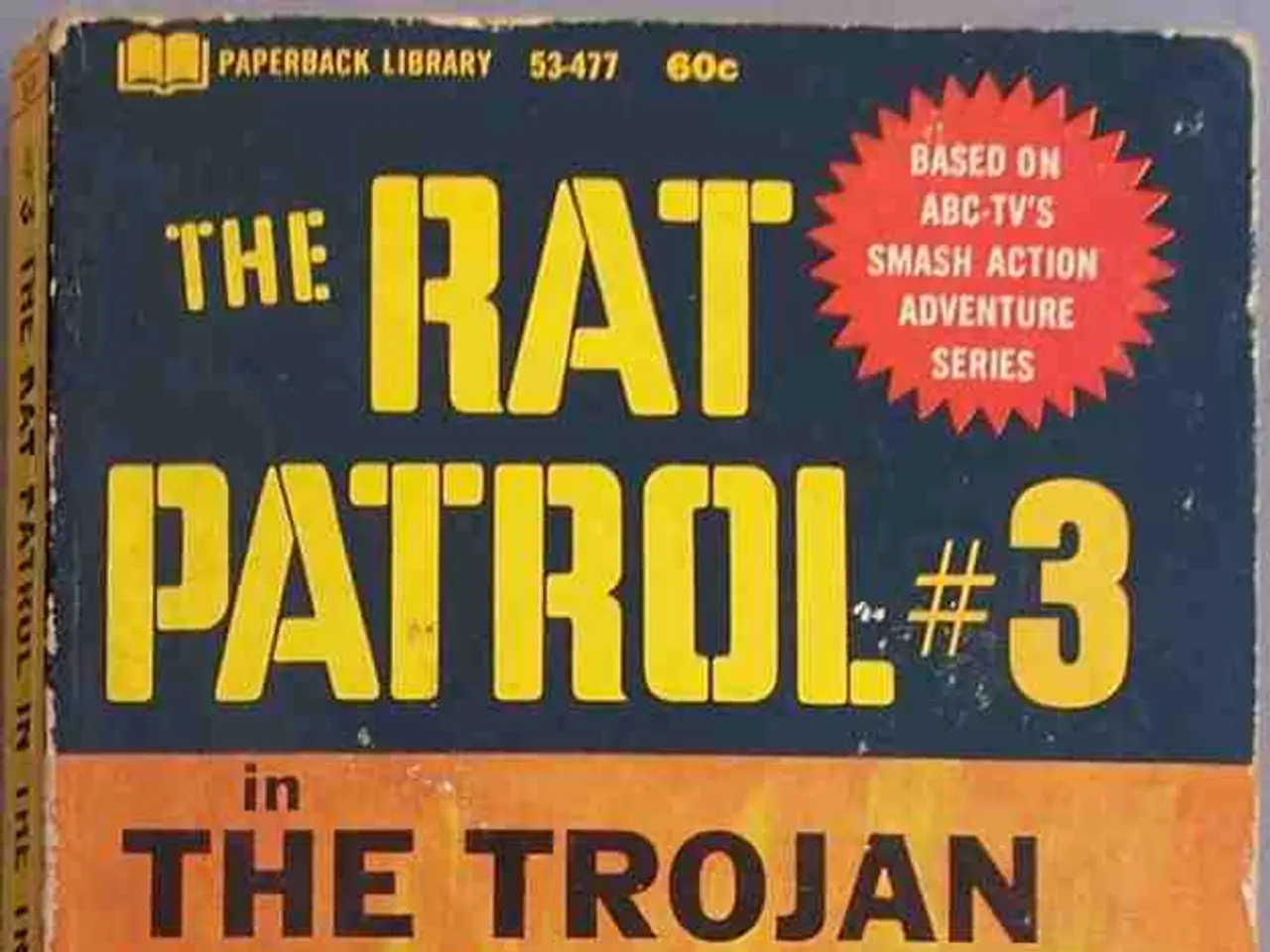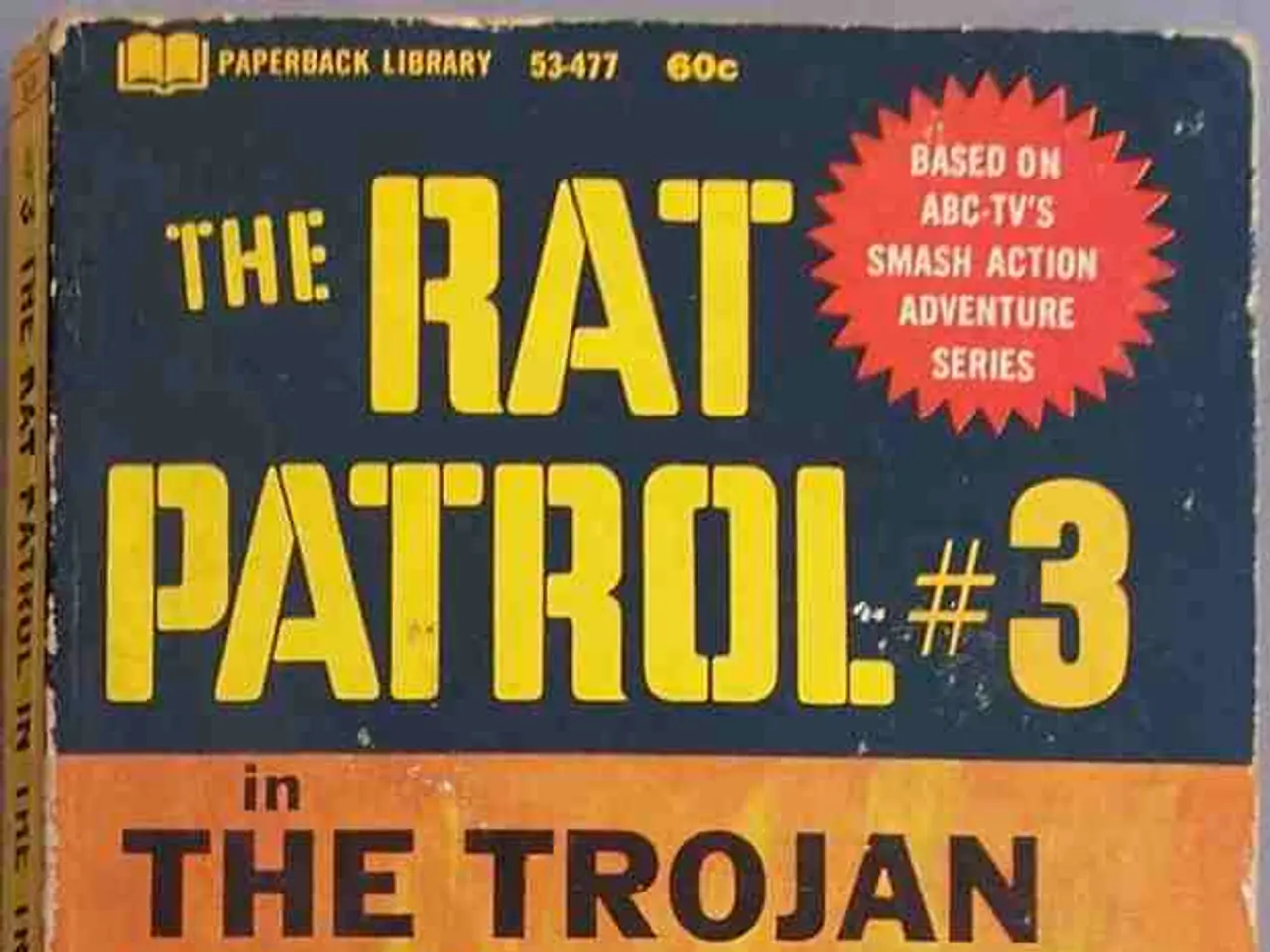Latvia makes progress in withdrawing from the Ottawa Treaty banning antipersonnel landmines
In a significant move aimed at bolstering their defense and deterrence capabilities, Latvia, Estonia, Lithuania, and Poland have jointly decided to withdraw from the Ottawa Convention, also known as the Mine Ban Treaty. This treaty prohibits the use, stockpiling, production, and transfer of anti-personnel landmines.
The decision, announced by Latvia's Prime Minister Evika Siliņa at a press conference, follows a comprehensive assessment of the countries' evolving national security needs in the face of Russia's aggression. Defense Minister Andris Spruds of Latvia, along with his counterparts from the other three nations, has stated that the shifting regional security context necessitates greater flexibility in their defense options.
The withdrawal will allow these countries to legally acquire, produce, stockpile, use, and transfer anti-personnel mines, a move they view as crucial for their layered defense, particularly for border security and deterring potential incursions. The Baltic states and Poland argue that traditional post-Cold War arms control agreements are increasingly inadequate against modern threats posed by Russia, especially given Russia’s documented violations and use of landmines in Ukraine.
The Baltic states and Poland reaffirm their commitment to international humanitarian law despite withdrawing. They intend to continue supporting humanitarian demining and victim assistance, indicating the decision is a strategic rather than a rejection of humanitarian principles.
The Saeima, Latvia's parliament, will make the final decision on the withdrawal. Membership in the Ottawa Convention cannot be suspended - it can only be withdrawn, and such a decision is made by the Saeima under the terms of the Latvian constitution. The process will take six months to enter into force, during which time other parties, including the United Nations, will be officially notified.
A regional approach will allow the countries to reduce dependence on foreign supplies, especially in the field of explosives and warheads. The Latvian government, in cooperation with its allies, has emphasised that this decision does not signal a departure from international cooperation. Allies, including NATO member states, have expressed understanding of the countries' possible withdrawal and have confirmed further cooperation in the field of defense.
The Ministry of Defense and National Armed Forces have conducted an assessment of Latvia's participation in the Ottawa Convention. Part of the ammunition that the armed forces have already acquired and will continue to acquire are various types of mines - both anti-tank and guided anti-personnel mines. The necessary capabilities are observed in Latvian industry and metalworking is developed.
The Ministry of Defense and the Ministry of Foreign Affairs will cooperate in the further steps of the process to withdraw from the Ottawa Convention. Information exchange with allies will continue during the withdrawal process. The joint decision to exit the Ottawa Convention is due to Russia's aggression, as stated by Defense Minister Andris Spruds and other Baltic and Polish Defense Ministers.
- The Saeima, Latvia's parliament, is set to decide on the withdrawal from the Ottawa Convention, a move initiated by Prime Minister Evika Siliņa in response to Russia's aggression.
- The media coverage of this decision will likely focus on the countries' strategic rationale, which centres on greater defense flexibility and border security in the face of modern threats posed by Russia.
- Despite the withdrawal, the Baltic states and Poland reiterate their commitment to international humanitarian law, intending to continue supporting humanitarian demining and victim assistance.






